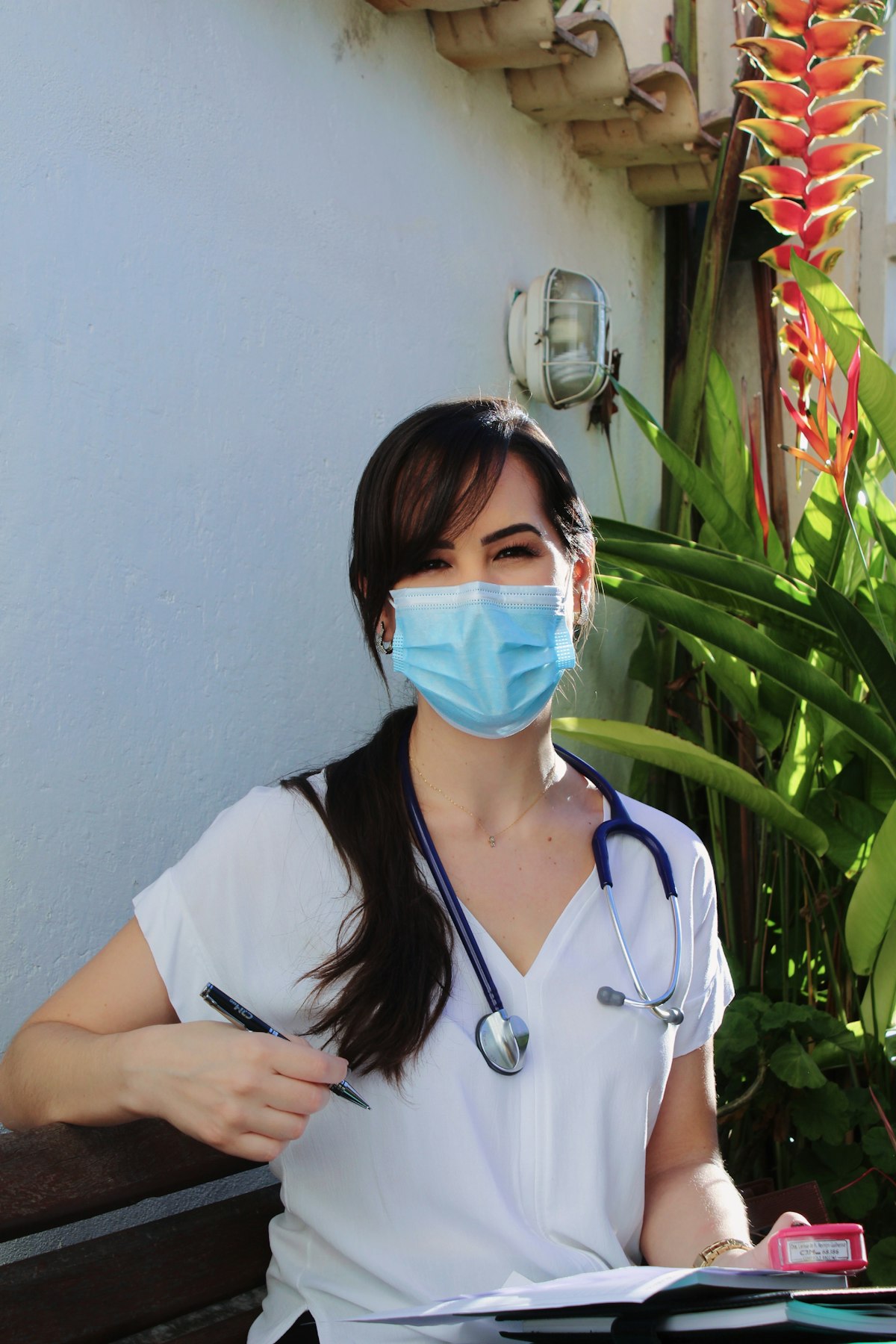The COVID-19 epidemic has seemingly affected everybody’s life in some way. Whether it’s because you’re working from home, have children attending classes via Zoom, or even just have a newfound awareness of how germ-ridden door handles and shopping carts can be, we’re only beginning to see some of the ways COVID is creating long-term changes within our society.
A Rise In Nursing School Applications
One effect in particular that many people didn’t see coming was the sudden rise in nursing school applications. It seems that this recent public health crisis has finally made more visible exactly how important all of our healthcare workers truly are. In 2019 and 2020 amidst COVID, nurses have increasingly become seen and appreciated in the mainstream as frontline heroes. Every day they risk their lives to take care of COVID-19 patients and this has helped inspire an entire generation. Nursing programs all over the US are seeing a record number of applicants with many programs forced to implement waiting lists due to high demand.
Metropolitan State University of Denver alone saw an increase of 11% in applicants between Fall 2019 and Fall 2020. However, it’s not just students who have always known they wanted to go into nursing. Many people are looking into nursing as a second career. Villanova’s BSNExpress program–which helps people with non-nursing bachelor’s degrees obtain a second degree in just 14 months—has recently admitted its largest class ever. All over the country, people are realizing how important this job is and they want to do their part.
A Rise In Standards
Of course, this isn’t all positive as the increase in applications is creating some intense competition. With so many more people fighting for limited seats in nursing programs around the country, standards are becoming more intense. Especially with all of the recent changes schools have had to implement due to COVID, enrollment in the top nursing programs are becoming tough to achieve.
There has always been a nursing shortage in the United States, but we’re finally seeing how truly widespread this is. Nursing programs are hurting for qualified nursing faculty members, classroom space, funding, and adequate clinical sites and clinical preceptors. We need this increased interest in nursing, but the system is still too underfunded to make it a reality. This is forcing many schools to turn away qualified candidates that we all desperately need.
However, not all hope is lost. There are some ways you can boost your chance of getting your application accepted by your dream school. Some of the things you can do include:
Writing A Strong Admissions Essay
Personal statements are your chance to connect with the admissions counselors and persuade them that you’re perfect for their school. Writing a compelling essay will demonstrate that you’re articulate, passionate, and can help them empathize with your position. You want to really sell yourself in your essay. Make sure you spend just as much time crafting your statement as you do preparing for exams and creating resumes.
Acing Your Exams
With such steep competition, your exam scores can be important to save you from the initial purge of applications. Schools with a high number of applications will usually start by eliminating application whose score doesn’t meet a certain baseline. This makes it important to do as well as possible to stay on their list. Whether you’re taking the TEAS, the HESI, or something else you will need to spend multiple weeks on test prep. Don’t be afraid to ask for help from a tutor or a test prep program to help you score as highly as possible!
Earning High Grades In Your Pre-Req Classes
Similarly to your exam score, your grades can help show potential schools that you have an aptitude and a passion for nursing. Make sure you’re taking all of the prerequisite courses necessary and don’t be afraid to take any extra science courses that are relevant as well. Going to extra mile (and doing well in these high-level courses) can make a strong impression on your future admissions counsels.
Having Strong Work Experience
This is a little bit more difficult in the middle of a pandemic, but finding relevant work experience can really improve your application. It shows that you already have some experience in the field and that you’re serious about entering nursing as a profession. Schools want to make sure that you’re really committed and that you won’t run away from the high intensity of nursing, so showing that you’ve seen a small part of what nursing has to offer and aren’t scared can give you an edge over other students.


